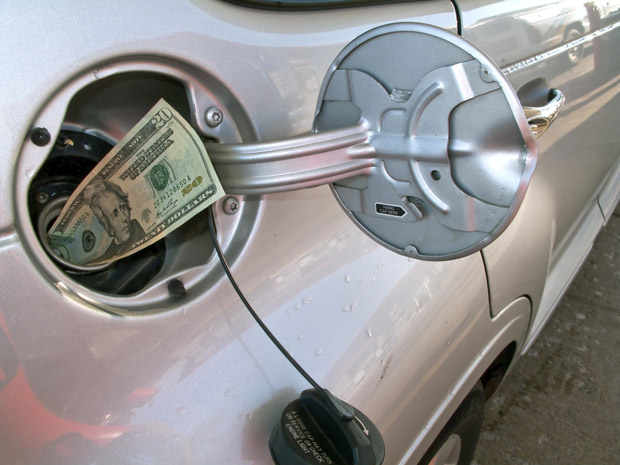 BY LINDA BAKER
BY LINDA BAKER
The Clean Fuels/gas tax trade off will go down in history as another disjointed, on-again off-again approach to city and state lawmaking.
BY LINDA BAKER

As the Oregonian reported last week, leaked documents point to a “compromise” between the governor and Republicans regarding passage of a transportation package. The deal would roll back Oregon’s Clean Fuels Program in exchange for an increase in the gas tax, which the state desperately needs to maintain and upgrade road infrastructure.
If the plan succeeds, the Clean Fuels/gas tax trade off will go down in history as another disjointed, on-again off-again approach to city and state lawmaking (PERS rollbacks, anyone?) in general and energy strategy in particular.
Exhibit A is the Pembina Propane terminal; Portland mayor Charlie Hales threw his support behind the project last fall, only to pull the plug once the outcry against it grew too strong.
Exhibit B is the Clean Fuels program; the state legislature passed the law this spring and is about to pull the plug as the outcry against it grows too strong.
At first glance, these two projects appear to have little in common. The propane terminal is promoted by mainstream business interests, the Clean Fuels program by environmental groups and clean energy companies.
The common denominator is the absence of a big picture strategy that recognizes both our dependency on fossil fuels and a clean energy future.
I offer a modest proposal:
Build the Pembina plant — propane is a relatively clean dirty fuel. Don’t repeal the Clean Fuels program, which will add a few cents to the pump while helping scale the biofuels industry sector.
Next, pass the gas tax increase. Just pass it. Oregon’s economy depends on it.
Resolving the clean fuels-gas tax impasse is only the first step. Here are a few other agenda items:
° Move forward with the mileage fee as a future oriented solution to declining gas tax revenues.
° Nix dirty fossil fuel projects like coal train terminals. Coal is not a relatively clean dirty fuel and it is not a bridge to the future. Even states like Kentucky and Virginia, the heart of coal country, understand they need to diversify now that natural gas, cleaner and cheaper, is knocking coal out of the park.
° Implement a carbon pricing scheme. A tax or fee on carbon emissions is inevitable, and many businesses already factor the anticipated cost of carbon into their business operations. Carbon fees will create price certainty, the single most important factor in creating strong enterprises and sustainable industry sectors.
Collectively, these projects comprise a “green paradox” energy plan embracing a clean energy outlook as well as a present firmly rooted in oil and gas. A comprehensive strategy takes into account the contradictory times we live in — in context of a well-considered, long term vision.
Until then, our on-again off-again approach to energy projects, clean and dirty alike, is looking more and more like the proverbial road to nowhere — and not even close to a Grand Bargain.




